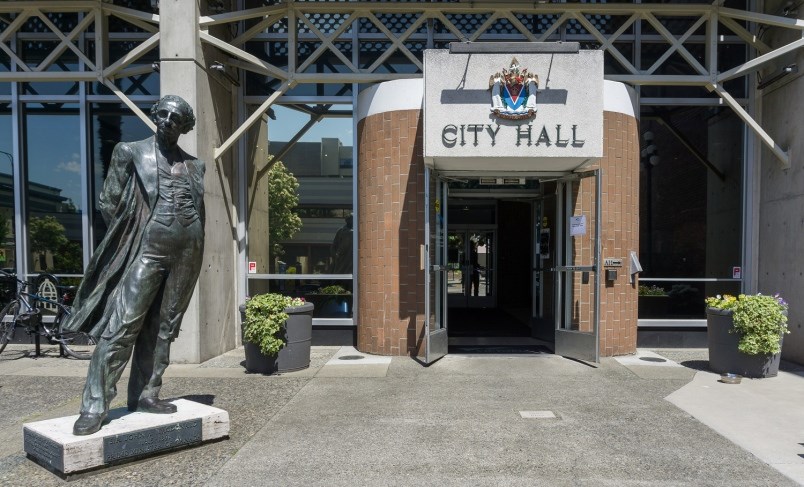To mark the suffering of the approximately 150,000 Indigenous children forced into residential schools, the federal government is planning a new statutory holiday.
We support that plan – if it’s done right.
After all, we take a solemn day every year to reflect on our war dead without letting Remembrance Day turn into a series of patio parties and mattress sales.
Today, schoolchildren learn about the horror of residential schools.
In the City of North Vancouver, for example, the municipal council discusses the 2,000 Squamish, Tsleil-Waututh and Sechelt Nation kids who were “aggressively assimilated” at St. Paul’s Indian Residential School.
Things have definitely changed for the better, but a quick glance at the comments section of any news website or politician’s Facebook page makes it clear there are swaths of people who still just don’t get it – or who don’t want to get it.
These are the same willfully ignorant blowhards who complain that the removal of a John A. Macdonald statue from Victoria’s city hall is erasing history.
It’s true, John A. was our most important father of Confederation. He was also the father of a government policy to starve Indigenous people.
To Indigenous people, he was the architect of a program that has destroyed generations of families.
The idea of taking away his statue is so Indigenous people don’t have to face such an ugly reminder whenever they walk into this particular government building.
If you aren’t Indigenous, then you won’t understand the pain suffered by generations. So maybe try understanding that it’s not “PC culture” but recognizing our country’s long history of terrible treatment of Indigenous people.
Ironically, the controversy over removing the statue has done more to educate people than an artist’s bronze work ever could.
Both the statue and holiday are only symbols, however, not a substitute for clean drinking water or infrastructure on reservations throughout the country.
Canadians are often smug when they look at the U.S. and see that Flint, Michigan residents have been without clean drinking water for a long time. But in Canada, there are an estimated 93 reserves that have not had drinkable water in many years, in some cases decades. Residents have to boil it first.
Would you put up with that? If you aren’t Indigenous, would you even have to put up with that?
Our national policy of unintentional and intentional abuse ruptured families and caused harm that can still be seen and felt today.
That’s an ugly truth, but if we ever hope to achieve reconciliation, we all need to start with the truth.



